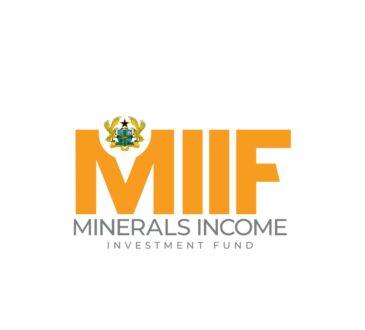Chamber of Mines renews call for Mineral Revenue Management law to ensure transparency and development in Ghana’s mining sector

In order to ensure transparency in the use of funds derived from the nation’s mining industry, the Ghana Chamber of Mines has reaffirmed its demand for the creation of a Mineral Revenue Management system.
Similar to the petroleum revenue management act, the proposed law would establish a framework for allocating the nation’s mining industry’s earnings to its development initiatives.
Over the years, Ghana’s government revenue, export revenues, and GDP have all benefited greatly from the mining industry.
But many people question whether the nation is truly benefiting from the mining industry because there are no legacy projects linked to mineral earnings and there is no legislative framework governing the use of mining revenue.
The chamber thinks that the adoption of a legislative framework to support the use of mineral revenue would provide people more clarity and enable them to confirm and recognize the industry’s contribution to the nation’s development initiatives.
Albert Ahmed Nantogmah, Director of External Relations and Communication at the Chamber of Mines, reiterated the appeal and encouraged the government to give licensed mining enterprises enough security so they may carry out their lawful business without fear.
According to him, commercial mining firms are dedicated to protecting the environment through ethical mining practices in addition to creating jobs, paying taxes, and sourcing goods and services domestically for the advancement of the nation.
The Director of External Relations and Communication also voiced his worry regarding the detrimental effects of illicit mining on the operations of ethical mining companies and calling on the government to step up enforcement measures to combat the threat.
He asked the media to assist in differentiating between unlawful operations that harm the environment and ethical mining firms that closely follow Environmental, Social, and Governance (ESG) guidelines.
According to the Chamber, mining businesses in Ghana reinvest 70% of their earnings back into the local economy.
As part of the chamber’s advocacy responsibilities, Mr. Nantogmah made the call while leading Journalists for Business Advocacy (JBA) members on a visit of a few Western region mining businesses.
Gold Fields, Tarkwa Mine, AngloGold Ashanti, Iduaprim Mine, and the Ghana Manganese Company are a few of the miming companies that were visited.
The primary organization for the minerals sector in Ghana, the Ghana Chamber of Mines, represents the interests of all businesses engaged in the discovery, extraction, and processing of minerals in the country.
By Eugene Davis







